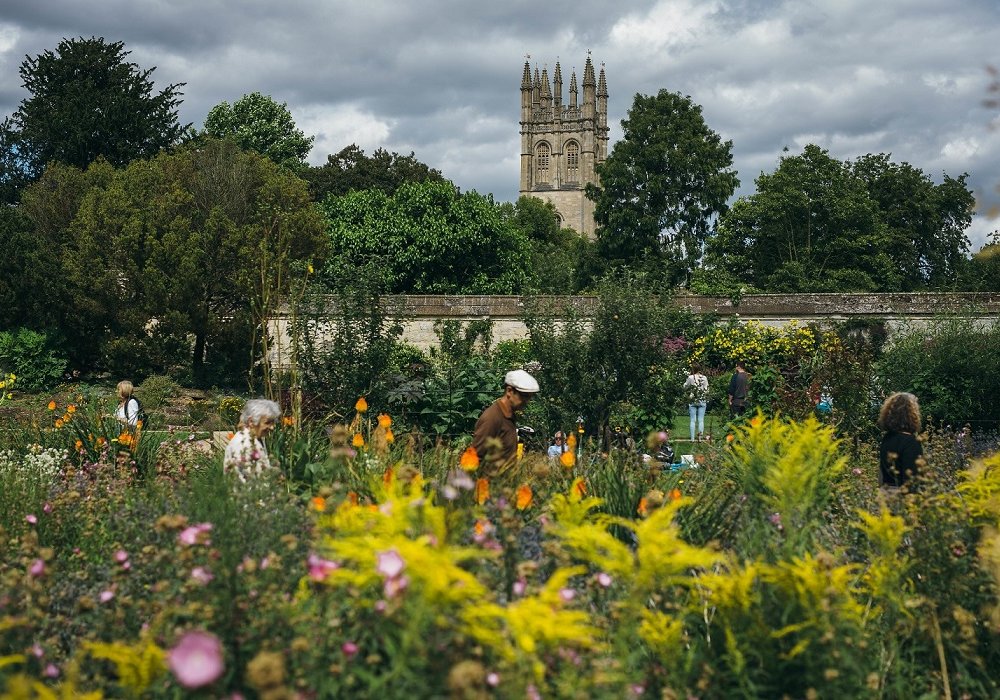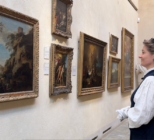The report, In what ways can gardens, libraries and museums improve wellbeing through social prescribing?, collates the findings of health researchers in Oxford University’s Centre for Evidence-Based Medicine, general practitioners, heritage sector specialists in the University’s Gardens, Libraries and Museums, and members of the public.
Informed by a year-long research project, the report explores how gardens, libraries and museums could contribute to ‘social prescribing’. With this treatment methodology cited as a key part of both the NHS Long Term Plan and delivery of Universal Personalised Care, the inclusion of GLAM visits within mainstream healthcare could be huge for the sector in the coming years.
Three key concepts
A trio of findings which underpin the report’s findings are:
- Cultural venues can be seen as ‘therapeutic landscapes’ – spaces that are conducive to healing and which serve as the location for social networks and therapeutic activity
- Engaging in these activities ‘creates a sense of flow’, which is a state in which people get so involved in an activity that nothing else seems to matter. This flow helps individuals concentrate on the activity at hand, meaning that other concerns and worries are forgotten
- Garden, library and museum activities ‘draw on social capital’ by encouraging socialising and the building of social networks and reciprocal relationships, which can in turn contribute to positive health and wellbeing
Enabling visitors to learn new things, develop new skills, make social connections, and gain a greater sense of structure and purpose, the report suggests cultural attractions are well suited to the practice of social prescribing.

“We wanted to explore how these community-based ‘assets’ – the gardens, libraries and museums – could help to improve people’s wellbeing,” Amadea Turk, researcher with the Centre for Evidence-Based Medicine, explained. “We also wanted to identify where there were gaps in the evidence and how we could work together to ensure we’re doing the right things in sustainable ways that will really help people.”
This is supported by Dr Kamal Mahtani, associate professor and deputy director of the Centre, who notes that social prescribing is “not necessarily a replacement for medication” but rather an beneficial activity which acknowledges that health and wellbeing can be “more complex than ‘just’ a biological illness”.
The full report can be downloaded here.










